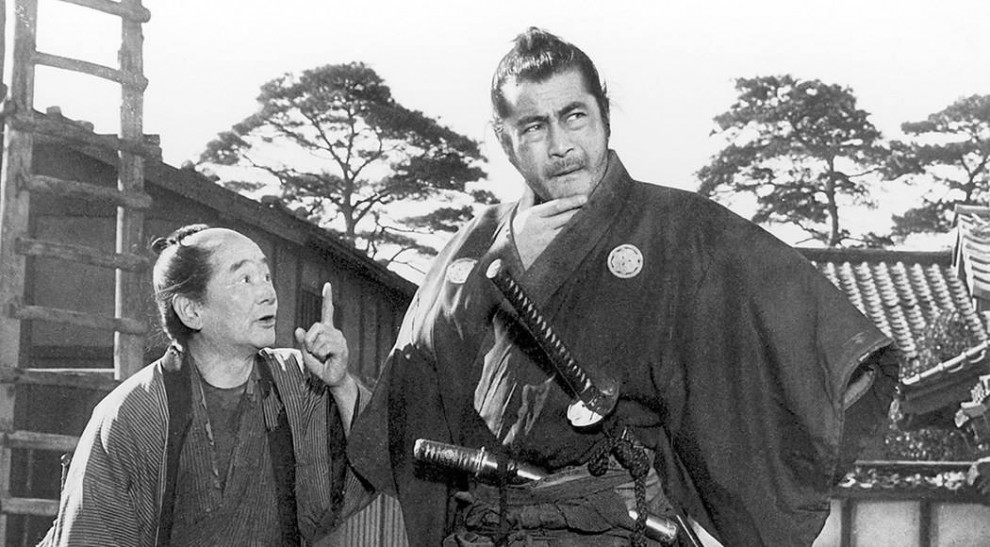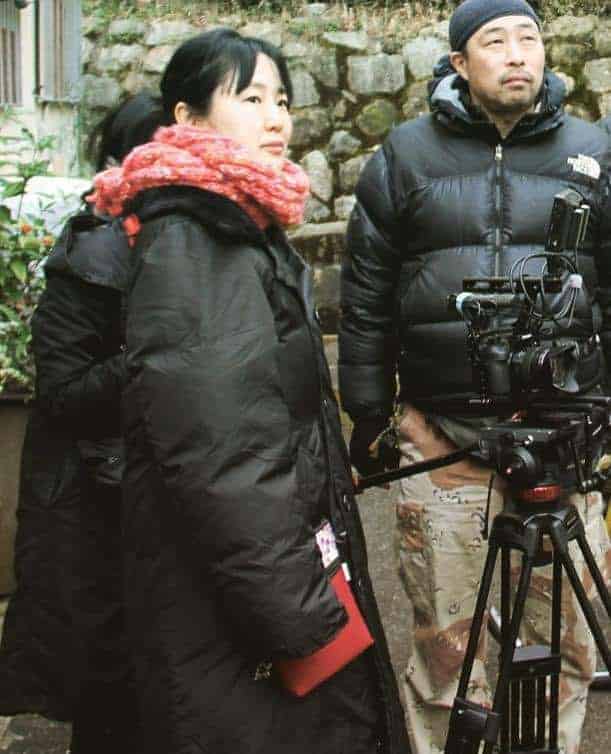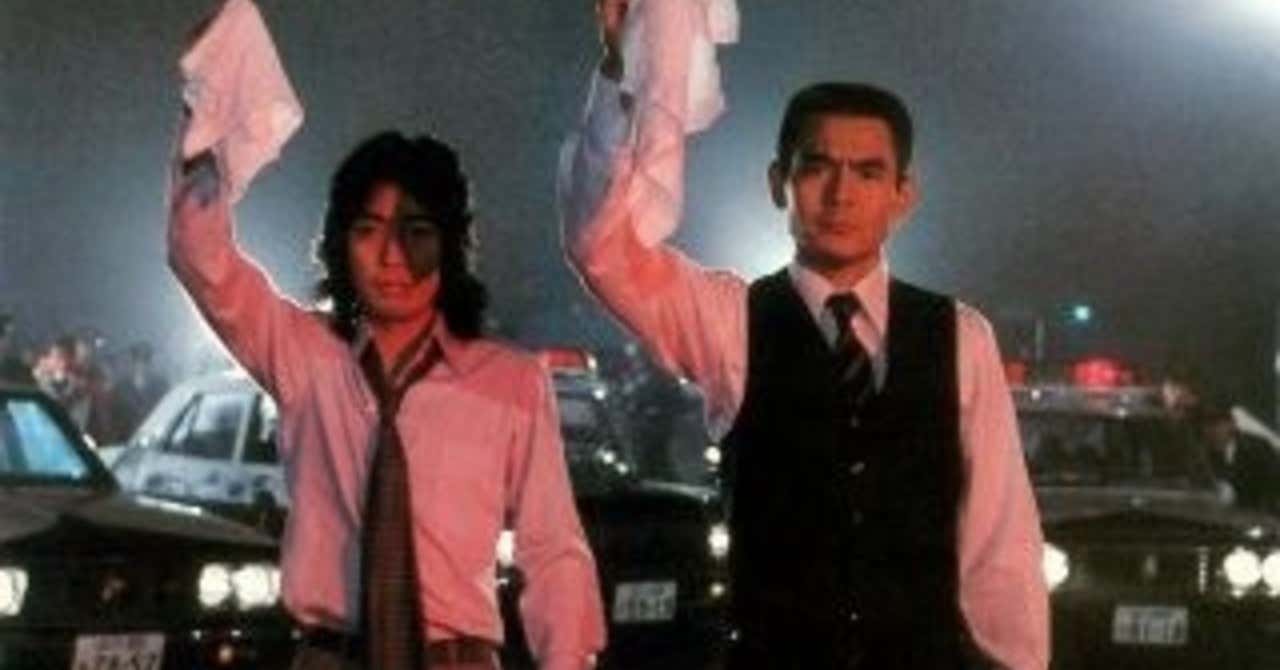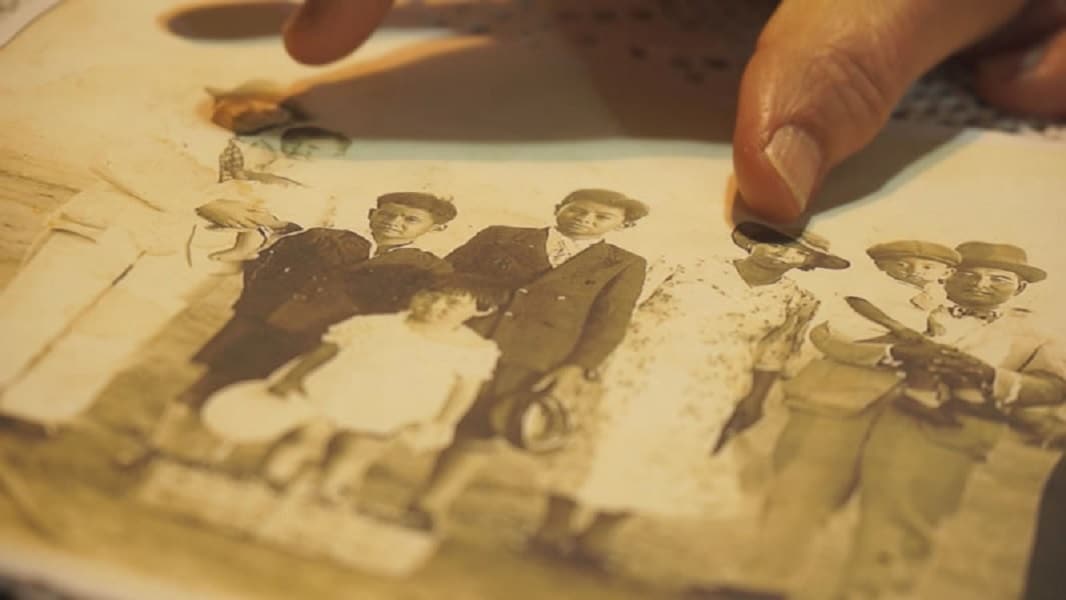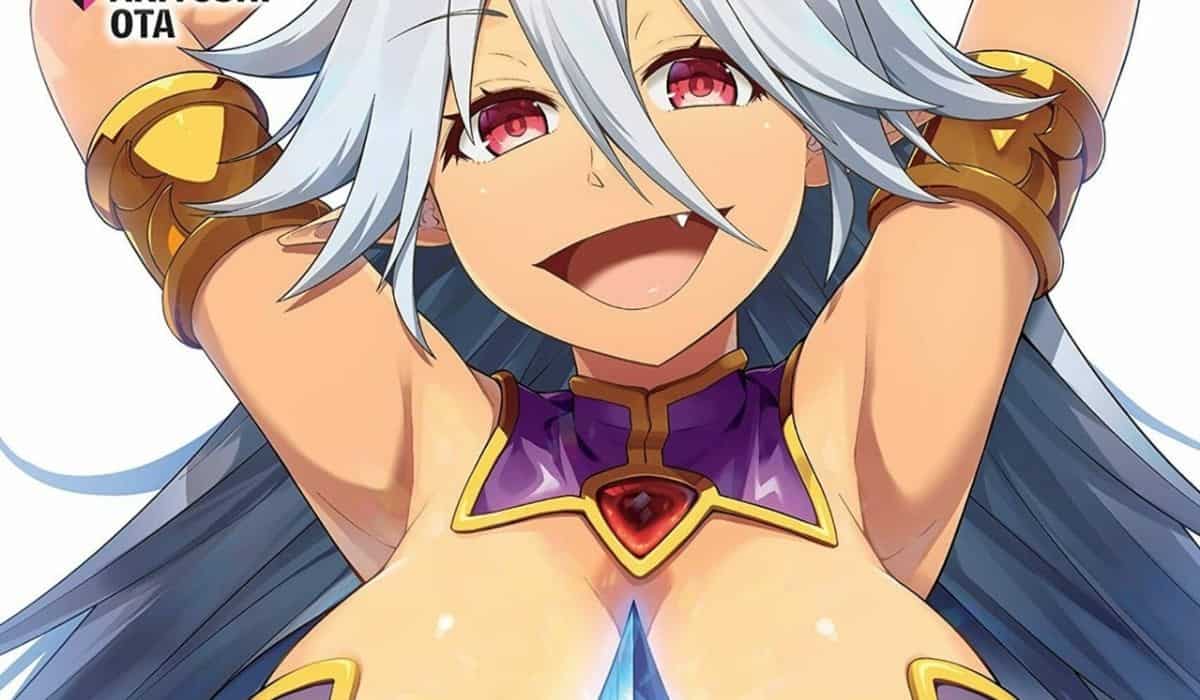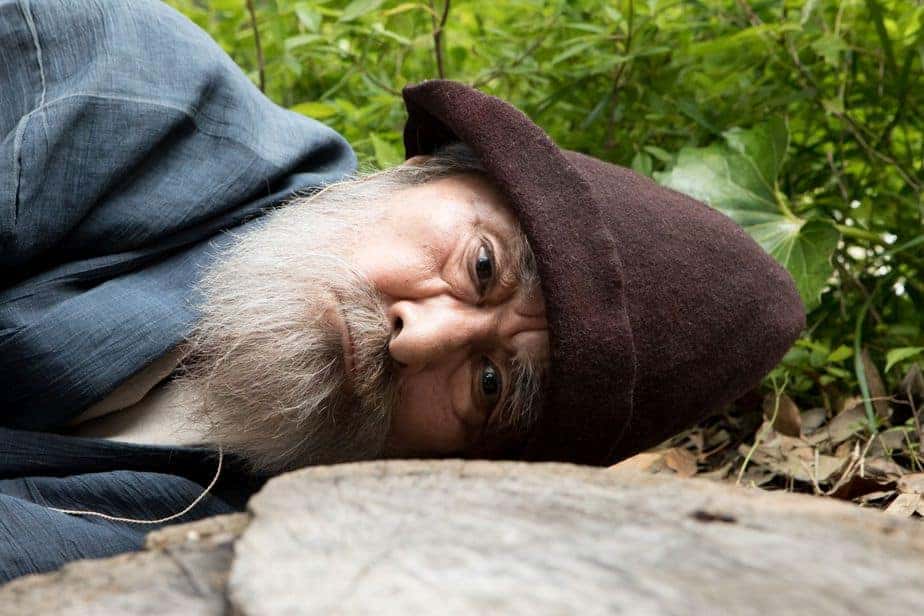Because “The Bad Sleep Well” had not performed as expected commercially, Japanese filmmaker Akira Kurosawa decided to return to the jidai-geki with what is arguably one of his most popular and most beloved films, “Yojimbo”. At the same time, Kurosawa felt the message of his previous film – a bitter image of the corruption in post-war Japan – would also work as a period film while still having the same impact on the viewer. Stylistically, as Kurosawa later admitted, he was inspired by the works of the film noir, in particular Stuart Heisler's “The Glass Key”, a crime drama dealing with the links between organized crime and politics, as well as the kind of opportunist characters taking advantage of a corrupt system which can be seen as the foundation of the character played by Toshiro Mifune in “Yojimbo”.
Buy This Title
In 1860, during the final years of the Edo period, a wandering ronin (Mifune) arrives in a small town controlled by two rivaling gangs, one led by Ushitora (Kyu Sazanka) and the other one by Seibei (Seizaburo Kawazu). As he learns from Gonji (Eijiro Tono), the owner of a small inn, the two leaders had once been allies, but became enemies once Seibei decided to hand over the reigns to his son Yoichiro (Hiroshi Tachikawa). Ever since then, the town is mostly deserted, with only a few merchants left and only the local coffin maker profiting from the still ongoing and quite bloody war between the two gangs. Because the local authorities have proven to be ineffective in stopping the war, the ronin decides to use the rivalry to his financial advantage, saying the town would be better off without all of these criminals and crooked men.
Even though Gonji urges him to leave town, expecting more bloodshed and violence, the ronin stays and eventually manages to convince both gang leaders of his considerable sword fighting skills. Additionally, his scheme of playing the gangs against each other seems to work until Ushitora's brother Unosuke (Tatsuya Nakadai) returns to town and becomes highly suspicious of the stranger receiving large sums of money for his services. When the ronin decides to help a woman who is kept away from her husband after he had lost her gambling, the swordsman's scheme is about to be uncovered.
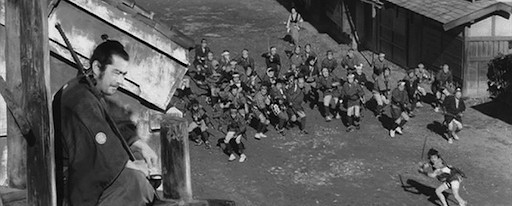
Upon his arrival, the ronin witnesses an interesting scene of an old farmer trying to convince his son not to join one of the gangs. As his pleas to his son are unsuccessful, he and his wife contemplate on the corrupt state of the town, the lack of law and order and how the younger generation is likely to fall prey to the likes of Seibei and Ushitora. Indeed, the setting of Kurosawa's film is the right place for “hungry dogs”, quite literally, as the disturbing image of a stray dog carrying a torn human hand emphasizes. Whereas the characters in his other period films, for example, “Seven Samurai” or “Throne of Blood”, would still refer to the code of honor among samurai, nothing like that is mentioned in “Yojimbo” for there is no honor among thieves, murderers and exploiters. The fact that a man like Unosuke favors the gun to the sword, finding delight in killing the helpless and defenseless in his way, highlights that the time of the hungry dog has indeed arrived.
Consequently, the script, which was co-written by Kurosawa himself, continues to de-construct the image of the samurai. As Toshiro Mifune's character is a ronin, a man with no master and also no name (the name Kuwabatake Sanjuro is probably made up), he is without any obligation to any authority other than himself, adding to the air of mystery and also to the appeal of this character. In the context of the world, Kurosawa shows he has a more egoistical, opportunist and business-like mentality, since he knows how to advertise his skills and how to effectively increase the price for them. In the course of the film, with a few interesting exceptions, he is shown in a superior position, looking down on the clansmen fighting each other, or just witnessing the consequences of his own actions.
Quite fittingly, showing a sense of moral obligation or honor is often punished. Those characters who still believe in values are those being exploited while those willing to exploit the occasion live wealthy and respected. Characters such as Mifune's ronin may symbolize this notion while also emphasizing the end of the era of the samurai or at least the values associated with the figure.
In the end, “Yojimbo” is in many ways a continuation of the themes of “The Bad Sleep Well”, albeit in a period drama-context. Supported by a great script and a brilliant performance by Toshiro Mifune as the lead character, Akira Kurosawa has managed to create one of the most everlasting stories of cinema, one which has been adapted numerous times and which still maintains his impact on the viewer, even after so many years.


